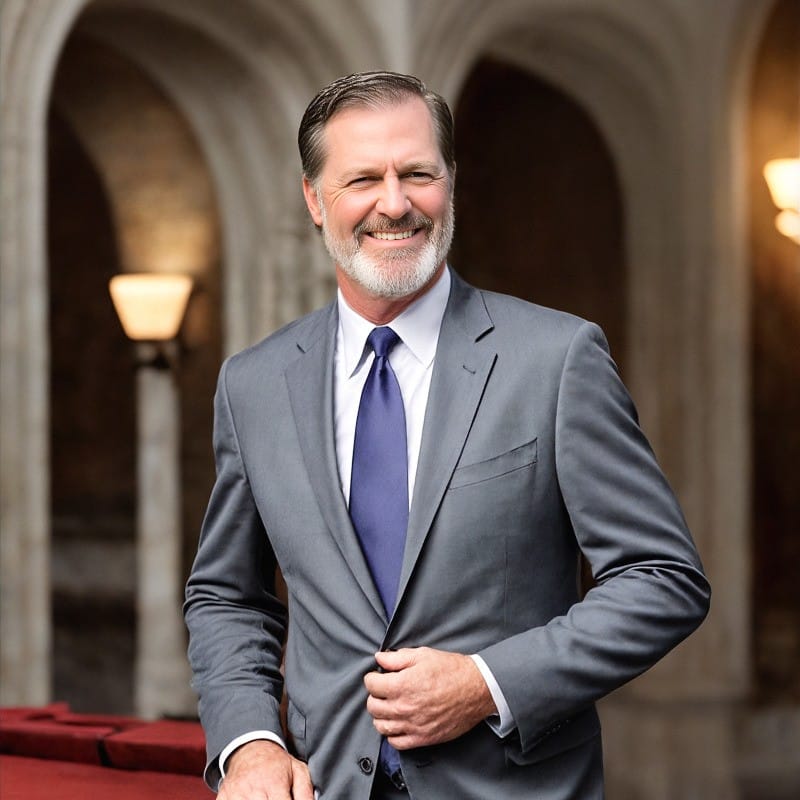Consumer safety groups are accusing Tesla of deceptively marketing the Autopilot feature used in many of its vehicles. The Center for Auto Safety and Consumer Watchdog say that consumers could be misled into believing that Autopilot is a “true” self-driving feature. As a result, Tesla owners may inadvertently jeopardize their own safety by relying too heavily on the feature. Both nonprofit groups sent a letter with their grievances to the Federal Trade Commission (FTC). According to the letter, Tesla is the only auto manufacturer that markets its Level 2 vehicles as “self-driving”. Previous comments made by the automaker suggested that Tesla vehicles come equipped with “full self-driving hardware”. There are six levels for self-driving systems (or a lack thereof). Level 0 implies that a vehicle contains no driver-assistance technologies. On the other hand, a Level 5 vehicle is fully autonomous and is claimed to perform as well as a human under all driving scenarios. Level 2 vehicles have driving assistance systems that aid with steering, braking and accelerating. However, drivers must be ready to take control of the vehicle at any time. Autopilot, which is linked to several recent crashes, is an advanced cruise control feature that allows some Tesla vehicles to operate semi-autonomously. The feature can assist with changing lanes, adjusting following distance and braking. As with other Level 2 vehicles, Tesla owners may still need to take control to avoid accidents or obstacles.
Consumer Groups Accuse Tesla of Deceptively Marketing Autopilot Feature
